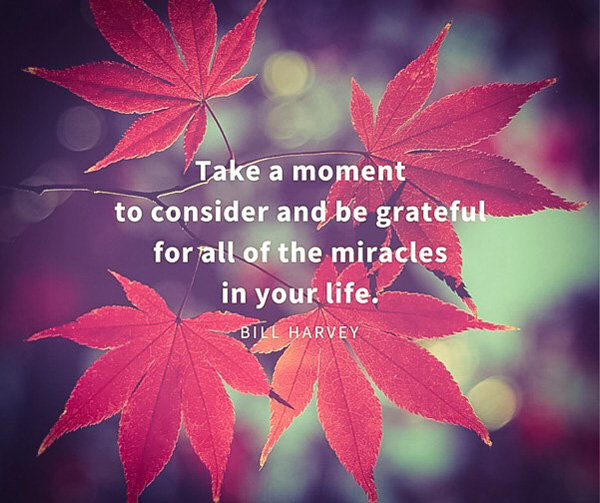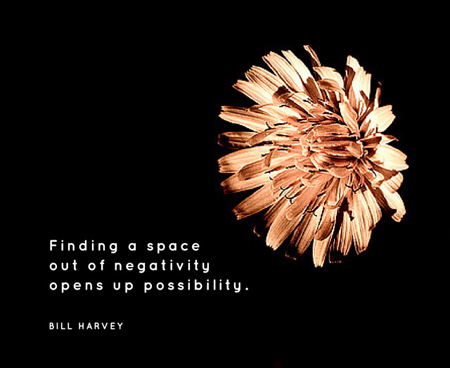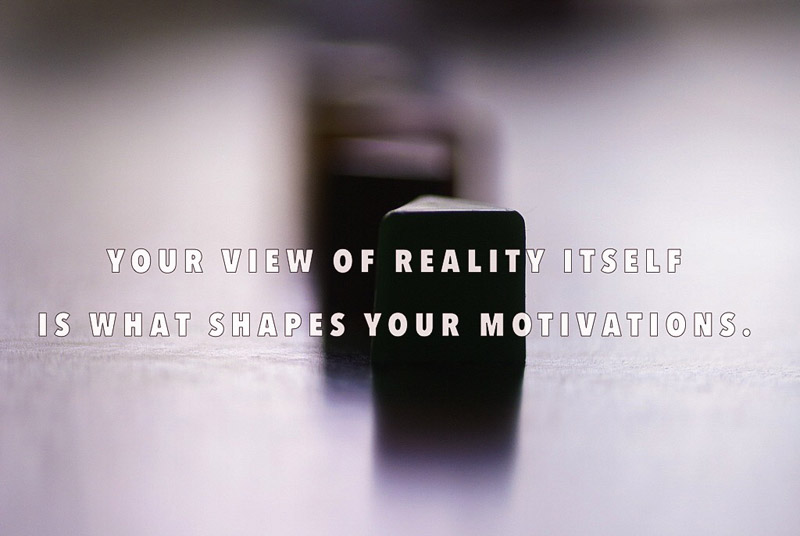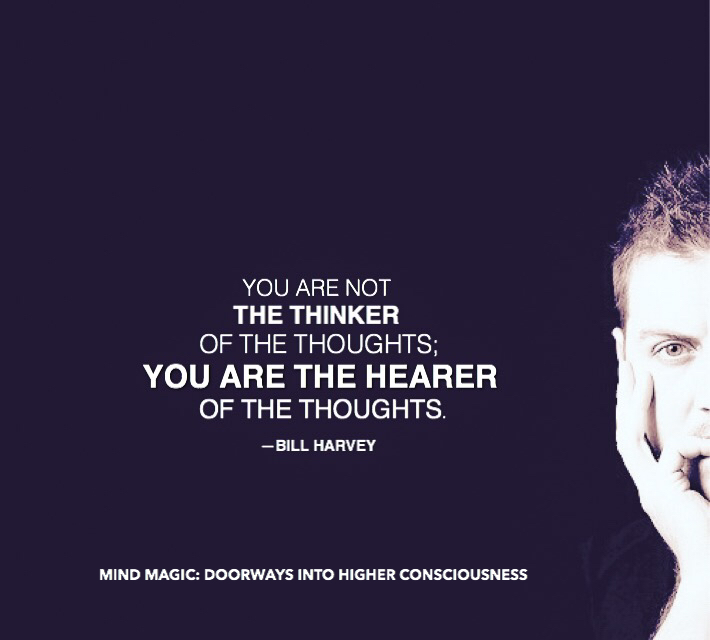Updated November 25, 2020

Isn’t it wonderful that we set aside a national holiday just for giving thanks?
And we have SO much to be thankful for. The Center Held. America came to its senses. The election is finally over. Half of us are unhappy with its outcome, but we are on the road to recovery now on every front and we shall overcome. It’s a Miracle! The miracle we call “the American system”, once again showing that it is forever working, we just had to give it time.
Prayer works.
Interparty and sub-party differences will go on probably forever but not with the same degree of lethality. As we cooperate together more and more now, those old habits of respect and civility will return, like getting back on a bicycle after all those years. Aisles will be crossed. The good deeds of rivals will be graciously acknowledged with gallant chivalry as the standards were set by the inspired Founders and by the wise Abe Lincoln.
Sometimes the miracles in our lives are more obvious than at other times. While the world is always miraculous, sometimes we see the miracle and sometimes we don’t.
Babies, kittens, flowers, stars, the moon, the ocean, mountains, trees, falling in love together, family, friendships — these are among the more obvious miracles.
We’re often unaware of the improbability of certain events that occur in our lives. Not being statisticians, we don’t realize how long the odds are of these events happening and we just go along, taking it all for granted, feeling that if it is happening it can’t be miraculous, it must all be mundane.
By tuning out our appreciation for experiencing all that is life, we may be radiating very little gratitude for all of the miracles in our lives. The Universe may respond by turning the dial on the lesson machine so that it bumps us a bit more roughly to get our attention, since we seem to be missing the polite subtle hints.
How can we feel gratitude at times that are trying us to the breaking point? By comparing the situation to one even worse. What if we had never existed at all? The Universe has created us, we are alive — is this not justification for gratitude?
All mystery schools and religions teach acquiescence, trust and gratitude as three sides to the same coin — the acceptance of what is. In Islam, it is called the Will of Allah. In Taoism it is called getting into the rhythm of the Tao, linking into the underlying force of the universe. The word religion itself comes from the Latin religare, meaning to link up. The word yoga comes from the Sanskrit, meaning to yoke up, like yoking an ox to a cart.
Let’s all practice replacing negative emotion with positive emotion — which means remembering what we have to be grateful for and what we have to look forward to and be excited about. There may be challenging (even heartbreaking) trials ahead but we need to welcome them as opportunities to show what we’re really made of and how we can rise to the challenges individually and together.
If you don’t already do this every day, take some time to count your blessings. Happy Thanksgiving!
Wishing you much personal experiencing of the miracle you
are in, and much personal experiencing of the miracle you are.
Grateful written by John Bucchino, performed
by Ann Hampton Callaway and John Bucchino.
Gratefully,
Bill
Follow my regular media blog, In Terms of ROI at Media Village. Here is the link to my latest post.



